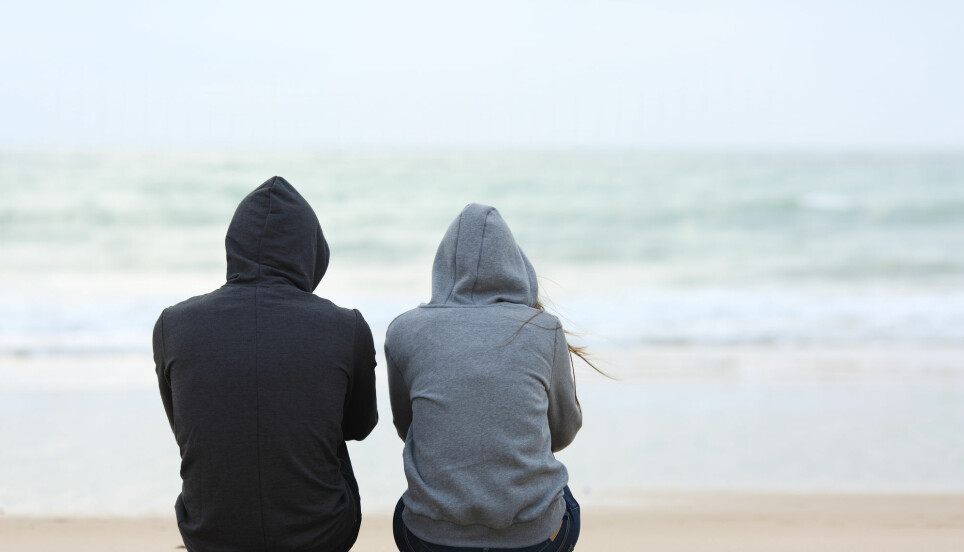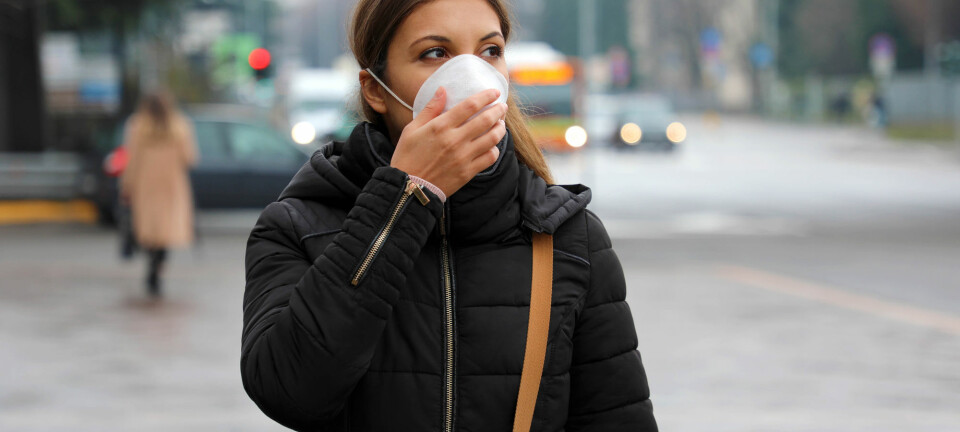
Fewer suicides during the first months of COVID-19 in Norway
Financial support packages and good mental health services may have made a difference, according to professor.
Along with the rest of Europe, Norway went into lockdown in March 2020 to beat the alarming rise in coronavirus infections.
An analysis of figures from the Cause of Death Register in Norway now show that the numbers for suicides in Norway went down during the first three months of the pandemic, the University of Oslo write in a press release.
In March, April and May 2020, fewer Norwegians committed suicide compared to the same period in the past five years. In actual numbers, it went from 160 to 140 suicides – which equals a reduction of 12,5 per cent.
The numbers are presented in a recently published Letter to the Editor in the journal Acta Psychiatrica Scandinavica.
De data cover 92 per cent of deaths during these three months, which means the numbers are preliminary and may change as more deaths are registered.
Makes other things more important
Professors of medicine Ping Qin and Lars Mehlum at the National Centre for Suicide Research and Prevention at the University of Oslo believe that the downward trend in suicide numbers are connected to the pandemic.
While some of the explanation may be natural variation, one other important explanation may be that the pandemic makes us concentrate on other things in life, Ping Qin says in the press release.
“Previous problems might become less pressing when a pandemic is threatening everybody and the entire society. The pandemic may also have changed people’s views on health and mortality and may lead us to experience life as something we value more”, she says.
Preventive measures made a difference
The downward suicide trend stands in contrast to what many suicide experts feared to be a consequence of the pandemic and the lockdown, the professors write in the letter.
“However, large scale crises may in the short-term lead to increased social cohesion so that people who are otherwise marginalized may receive more social support”, they write.
What’s more important however, the medical professors believe, is that a wide range of preventive measures were implemented immediately after the lockdown, which started on March 12th in Norway.
These measures include keeping mental health services open, opening digital treatment services, providing online guidance to service providers and extra funding for crisis telephones and online services.
Large packages of financial support have also meant a lot “to reduce the stress of unemployment and financial insecurity for the many affected ty the lockdown of society”, they write.
It can get worse
As the pandemic progresses, and with new and strict measures being implemented in Norway almost on a daily basis in recent weeks, Ping Qin is worried that many will experience the times ahead as difficult. She does not take for granted that the downward trend in the Norwegian suicide rates from this spring will hold up for the rest of the year.
“As the pandemic gets worse and lasts longer, we may experience that more people feel like they are not part of social life. More people can also get financial troubles or experience mental health problems. These are all known risk factors for suicide”, she says in the press release.
Several studies point to increased levels of stress, problems sleeping and symptoms of depression during the COVID-19 pandemic.
One recent study found that Norwegians were almost three times as likely to suffer from symptoms of depression after the lockdown in March. This is three times higher than what would be the case under normal circumstances. 27,6 per cent of those surveyed reported symptoms of anxiety, which is twice as many as during normal circumstances.
These numbers do not mean that all these people were depressed or anxious, but they had critical levels of symptoms of these disorders at that time.
Listen without judgement
By implementing the right measures, we can minimize the risk of an increase in the suicide rate, Qin believes.
“We have to offer efficient psychiatric help and offer necessary social support, including financial support, to those who are affected the most. This way we can avoid or minimize an increase in the numbers of suicides”, she says in the press release.
Qin encourages those who are at risk to seek help, and for those who may be worried about family or friends to speak to the person in question. Listening without judgment can make a difference.
“People who have suicidal thoughts are often not looking for specific advice. Empathy and compassion however might help turn the tide in a difficult situation”, she says.
Reference:
Ping Qin and Lars Mehlum: National observation of death by suicide in the first 3 months under COVID‐19 pandemic, National Center for Suicide Research and Prevention, University of Oslo, Doi:10.1111/acps.13246
———
































